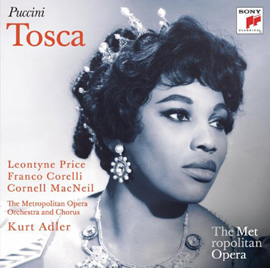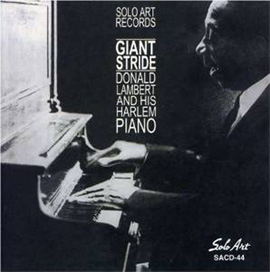 By Stuart Mitchner
By Stuart Mitchner
Near the end of her new memoir M Train (Knopf $25), Patti Smith returns from a trip to find the West Village café she considers a second home closed, for good. When she taps on the window, the owner lets her in and offers to make her a last cup of coffee. She sits there all morning in the closed café, the “picture of woebegone” shown on the cover with her camera and her coffee, head propped on one hand while she keeps the other hand palm down on the table, as if to hold it, claim it, keep it until she’s ready to give it up. The cover photo was taken by a bystander with a Polaroid camera like the one Smith uses to illustrate her travels with pictures of stations along the way, her aim being “to possess within a single image the straw hat of Robert Graves, typewriter of Hesse, spectacles of Beckett, sickbed of Keats.” After sitting at her corner table “a long time thinking of nothing,” she picks up her pen and begins to write.
When she says “good-bye to her corner,” the owner gives her the table and chair. It’s a Patti Smith moment.
Atmosphere
In M Train, which has been on the New York Times non-fiction best-seller list for several weeks now, Patti Smith withdraws into her own “atmosphere,” and wherever she goes, the atmosphere, like Mary’s little lamb, is sure to follow. The effect on chosen scenes, situations, places, objects, and dreams resembles Keats’s notion of the poetical character, which “has no self … is every thing and nothing … enjoys light and shade” and “lives in gusto, be it foul or fair, high or low, rich or poor, mean or elevated.” more














 By Stuart Mitchner
By Stuart Mitchner
 By Stuart Mitchner
By Stuart Mitchner By Stuart Mitchner
By Stuart Mitchner





 By Stuart Mitchner
By Stuart Mitchner
 By Stuart Mitchner
By Stuart Mitchner By Stuart Mitchner
By Stuart Mitchner
